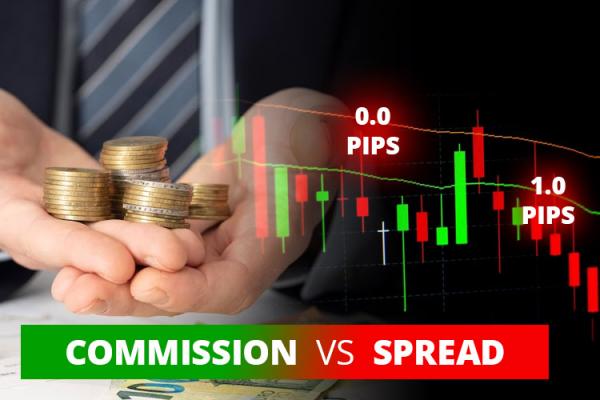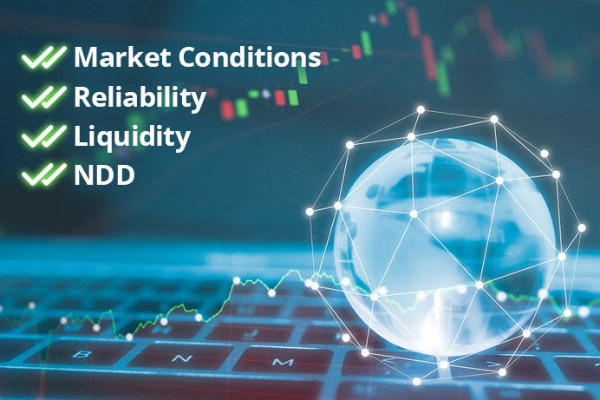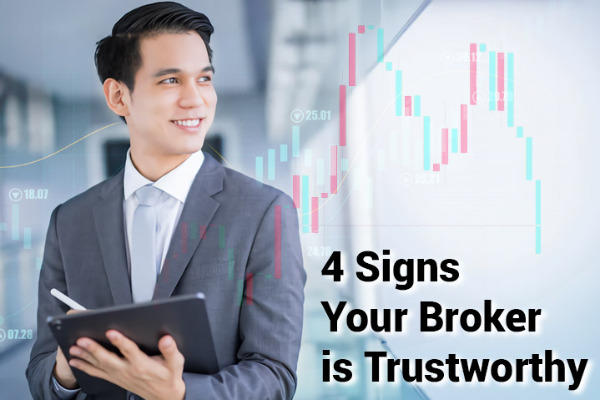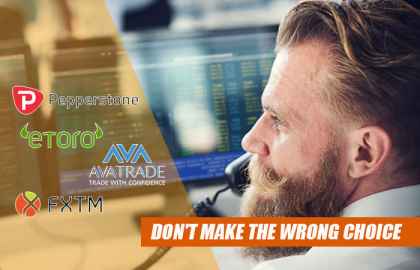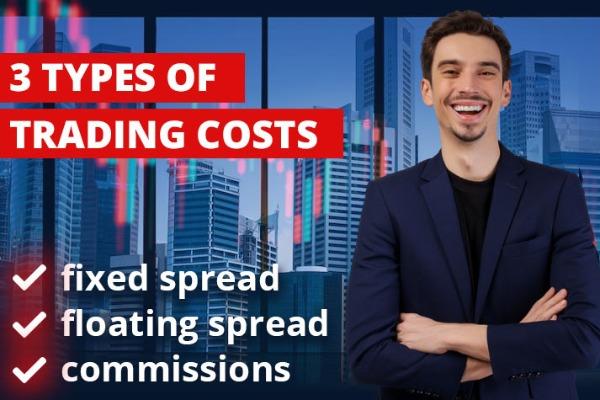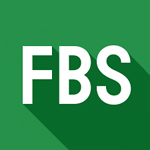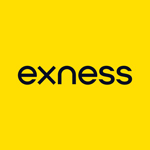There are many things to consider when it comes to choosing the best broker. To simplify your research, here are the 5 steps to take.
Good brokers have several characteristics. However, to choose the right forex broker, it is necessary to go through an orderly way that has been adjusted to the conditions of each trader. That is because the answer to the best broker can be very relative.

For example, Andy considers a good broker to be regulated in the United States. Meanwhile, Jake is looking for a broker with no restriction in any trading strategy. Andy sees the US regulation as a good standard to determine a broker's quality. Any broker who gets licensed by a US financial regulator is guaranteed safe and deserves the title of a trusted broker. He does not even mind the US regulatory restrictions in relation to deposits and withdrawals as well as the hedging strategy. On the other hand, Jake is a trader who regularly hedges his trades. In this case, a US-regulated broker is, of course, crossed out of his list. To ensure security, he aims for regulated brokers outside of the US with at least 5 years of experience.
These two preferences are only a small example of the thousands of possibilities in which a trader can choose a broker. The following 5 steps will provide a simple guide to choose the right broker for beginners.
Step One: Know What You Need To Trade
As good as a trusted broker is, you will not benefit from it if it cannot support what you need. For example, you want to trade cross pairs so you'll need a broker with good trading conditions on them. Unfortunately, not all supposedly good brokers recommended by other traders support it. To avoid that problem, write down what you need in trading to narrow your ion
The list of questions below might help you look for the right broker:
- What pairs will you want to trade?
- What type of spread is ideal for you? fixed, floating, or zero? What is the maximum spread size that can be accommodated in your risk management rules?
- Does your money management tolerate trading commissions?
- What is your minimum trade size?
- How much leverage do you need?
- What tools and indicators do you need?
- Will you need an exceptional trading platform, or will MT4 be enough to support your strategy?
- Are you a scalper?
- Do you need to hedge?
- Do you trade based on the news?
- Should you implement a trailing stop?
- Do you need a mobile trading app?
- Do you consider types of brokers (ECN/STP, DD, etc.) as an essential factor?
- How do you assess the reputation of a broker? Does it have to be regulated by a top agency (FCA, ASIC, CFTC, etc.)?
- What payment method do you use to deposit and withdraw funds?
Step Two: Find the Broker
Based on the answers to the questions above, look for a broker that can meet your criteria. For example, if you are a scalper and looking for a good broker for scalping, you can browse many trusted websites that list that particular category of brokers. Apart from that, you can also search for brokers based on the lowest spread, the platforms provided, the execution, or any other features necessary to optimize the scalping strategy. To make the step even easier, you can use tools like broker finders.
Step Three: Visit the Broker Site
After finding a broker that most closely matches your criteria, immediately visit the official website to check further. At this stage, you can explore the reliability of their identity, how transparent their information is, or test their client support by asking directly via an online chat.
Step Four: Read Reviews
To maintain objectivity, it's recommended to look for reviews on the broker of your choice. Compare reviews and recommendations on several sites at once. From these points of view, a non-biased conclusion can be drawn regarding the quality of service of the broker that you are researching.
Research in trading forums is also encouraged to find what other traders say or think about the broker. In fact, you can come across the accounts of said brokers' clients in forums. You may need to learn how to and filter user testimonials. Many user reviews are intentionally made to either promote or bring down a broker's reputation. In addition, there is a possibility where some traders make false accusations because of their own misunderstandings.
How to Conclude Forex Broker Reviews
If a forex broker has been around for a long time, even up to a decade, it means that the broker has enough experience to know what they do to survive and continually increase their presence in the forex industry, and understands how to meet their clients' needs.
Suppose a broker is licensed by one or more top regulatory agencies such as the US CFTC or NFA, the UK's FCA, Australian ASIC, Japanese FSA, or Swiss FINMA, you can assume that the broker is ready to do business according to high standards and is reliable in terms of safety and security.
If a forex broker offers more than one trading product, such as forex, commodities, stocks, indices, and many more, it means that the broker has a range of services that cannot be underestimated. They are committed to expanding their market reach and are ready to explore other instruments in the future.
User reviews about canceled profits or various withdrawal problems are a red signal. If it happened once or twice, this might be tolerable. However, if many clients report the same thing at the same period of time, it's better to go back to the second step and look for another broker.
Step Five: Open an Account
After thoroughly researching the credibility and reputation of the broker, you can consider to open an account with them. Nevertheless, one thing that should not be missed when signing up for a new account is the client agreement.
This document is usually provided when you fill out the account registration form. Its appearance is easy to miss because it is included in the link at the end of the form. So to open the client agreement document, make sure you click on the link embedded at the end of the form.
Carefully study the terms and conditions in the agreement document because it can affect your relationship with the broker. Please make sure there are no policies that can be too burdensome or detrimental to your trades in the future. If you do not understand even one of the set rules, do not hesitate to ask customer support.
As an additional precaution, do not rush to open a live account and deposit funds before trying the demo account first. Although it cannot reflect the execution in a real account's platform, a demo account can give you time to get used to the broker's service without risking any money. More information about the forex demo account can be found here.

 Dedicated FREE FOREX VPS
Dedicated FREE FOREX VPS Free FOREX Virtual Private Server
Free FOREX Virtual Private Server MT4 Demo Contest, Get $500
MT4 Demo Contest, Get $500 Sign Up for an Account, Claim 60% Deposit Bonus
Sign Up for an Account, Claim 60% Deposit Bonus Free MT4/MT5 VPS 2024
Free MT4/MT5 VPS 2024 Send E-mail and Get Free Merchandise
Send E-mail and Get Free Merchandise $1K Refer a Friend Bonus for Pepperstone Pro clients
$1K Refer a Friend Bonus for Pepperstone Pro clients Maximize Your Earnings with 100% Deposit bonus
Maximize Your Earnings with 100% Deposit bonus Trade to Win, $5,000 Monthly Demo Contest
Trade to Win, $5,000 Monthly Demo Contest Claim 30% + 15% Deposit Bonus from LiteFinance
Claim 30% + 15% Deposit Bonus from LiteFinance

